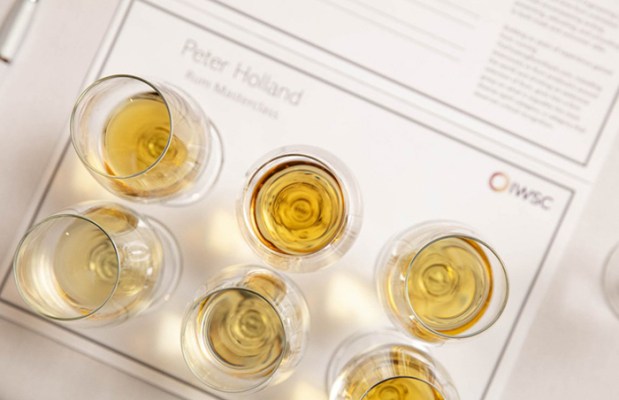Becoming an expert in anything takes a lot of work. But when that work involves tasting a lot of wine how hard can it be?
Dr Alex Russell’s recent PhD, undertaken at the School of Psychology at the University of Sydney, looks at whether novices can become wine experts. “A lot of people think that wine experts are full of it but I’ve been investigating this area for the past seven years and it turns out there is a knack to it,” says Russell. “Informed by my research, here are my ten tips on how to become a wine expert:”
1) Four hours to get started
During my PhD, I had novices come into the lab to smell and taste lots of wines. In most cases, we had them in the lab for an hour and they didn’t learn much. But if they stayed just 30 minutes longer they started to show signs of improvement and after four hours, they were doing really well. They weren’t experts by any means, but it didn’t take them years to get the hang of it, either.
2) Drink different types of wine
No expert became an expert by drinking only their favourite wine. Branch out, be willing to try new things. Try wine by the glass at bars and restaurants rather than buying a whole bottle. Try wines made from different grapes, from different regions and countries.
3) Taste wines side-by-side
Odour memory is quite robust but, just like any other type of memory, it is prone to interference and forgetting. Instead of relying on your memory to compare the wine you’re drinking now to the one from last week, open up a few different bottles at the same time so you can directly compare them.
4) Shut your eyes
The main skill of wine experts is consistently putting a name to an odour. Wines that smell like blackcurrant aren’t made from or with blackcurrant and they don’t look like blackcurrant. It’s hard to identify a smell when you can’t visually associate it with the obvious source. In fact these wines contain chemicals that, when isolated, smell very much like blackcurrant. So get a friend to go through your pantry and pick out various herbs and fruits. Smell and taste them with your eyes closed and try to identify them. Learn from feedback. It’s hard but you’ll improve over time.
5) If in doubt add your own flavours and smells
Not sure what peach tastes like in a Chardonnay? Add a little bit of syrup from a can of peaches to your next glass. Then you’ll get an idea of what the flavour tastes like in wine. Gradually reduce the amount you put in until you can find that flavour without any additive. There are hundreds of possible odours coming out of a glass of wine including chocolate, green olive, eucalyptus and coffee!
6) You’ll need to get your tongue around the wine and the words
You might be a food or perfume expert but you’d still have to separately master wine and its associated lingo. Wine expertise is all about linking an odour or flavour with its recognised name. Experts share information using similar terms whereas novices generally can’t describe wines very well and don’t know many of the experts’ tasting terms.
7) You don’t need a supernose or mouth…
Many studies show no difference between the smelling sensitivity of novices or experts. Essentially, experts smell and taste the same things novices do, but they’re better at processing the information. Similarly, chess experts can look at the same board as novices but will determine which pieces are immediately relevant more quickly – it’s a processing advantage.
8) You can start with cheap wine, but cleanskins won’t make you an expert
Although price isn’t the best indicator of quality (which is fairly subjective), it is often the case that more expensive wines better reflect where they come from. And learning about wine regions is part of being an expert.
9) You’ll need to read, as well as taste
Wine experts aren’t just good at tasting wines. They also know a lot about how it’s made, where it’s made, and all the other things that you read in wine books.
10) Don’t give up if you make a mistake
A lot of people avoid wine-tasting games because they are afraid to fail. But it’s OK to make mistakes. A famous French experiment in which white wine was artificially coloured red with odorless dye wrong-footed lots of experts. It highlighted the impact of our thoughts and expectations on what we taste in a wine – it’s almost like they ‘drink the wine with their eyes’. Even experts can get it wrong but they more often get it right.
(Dr Alex Russell)



